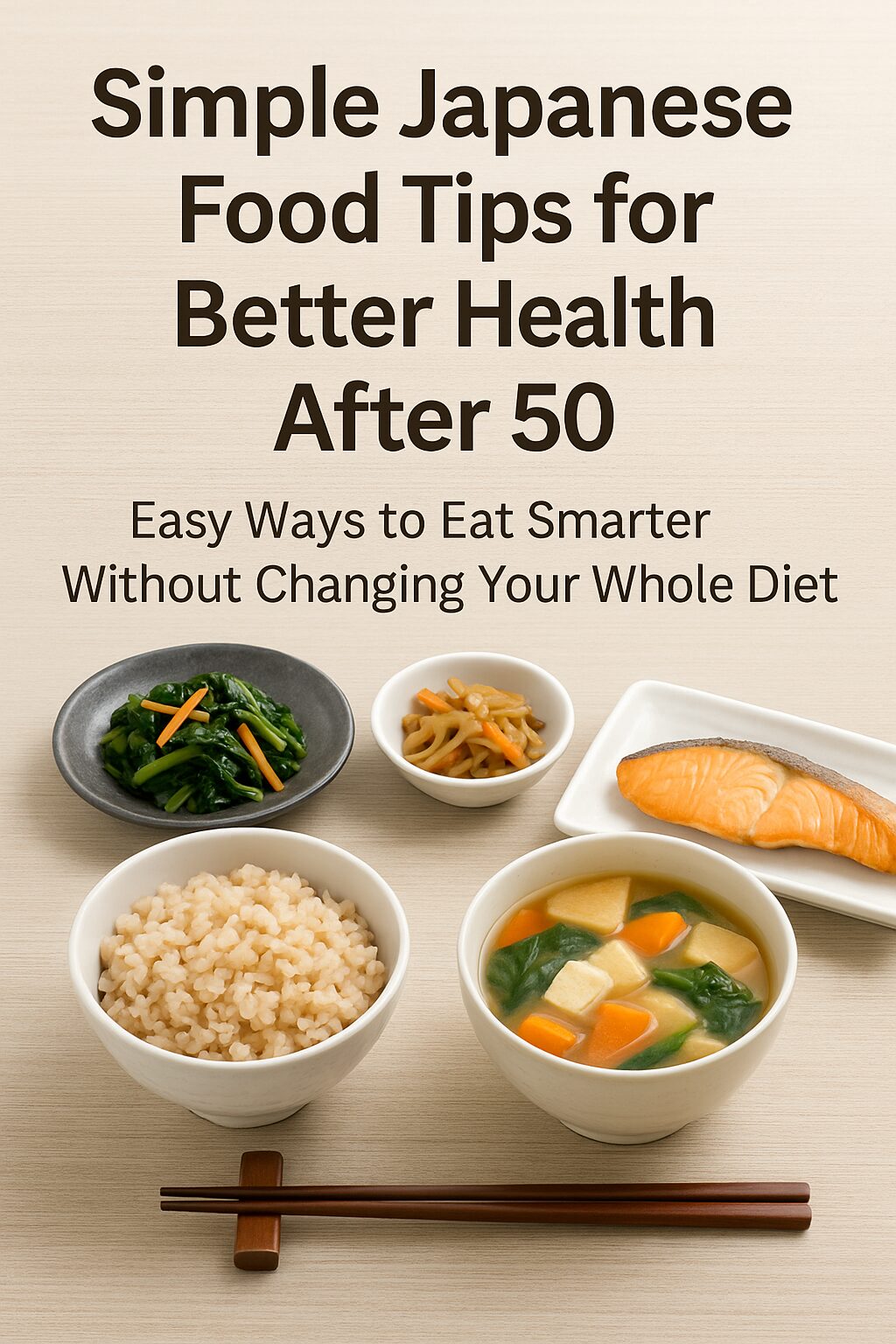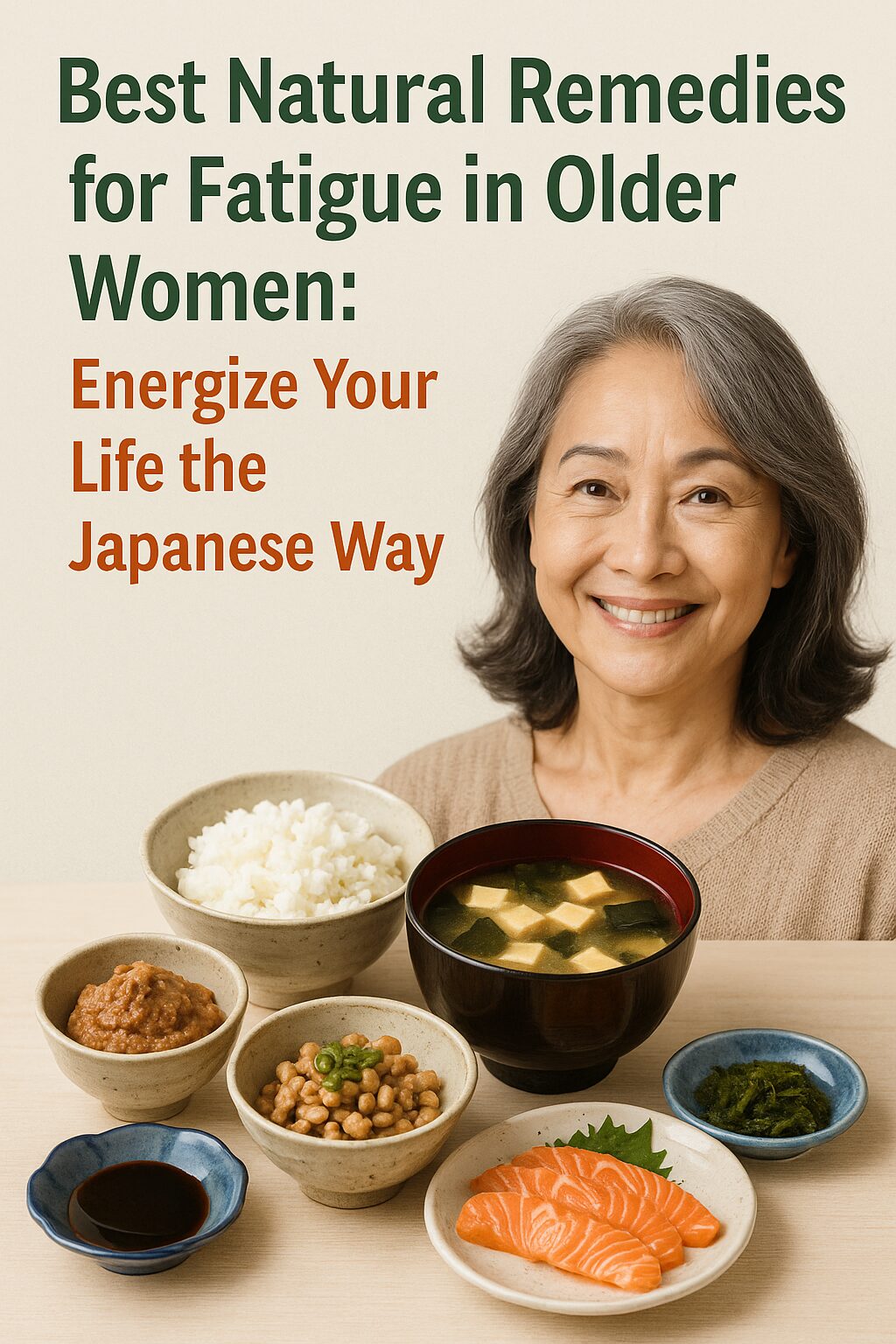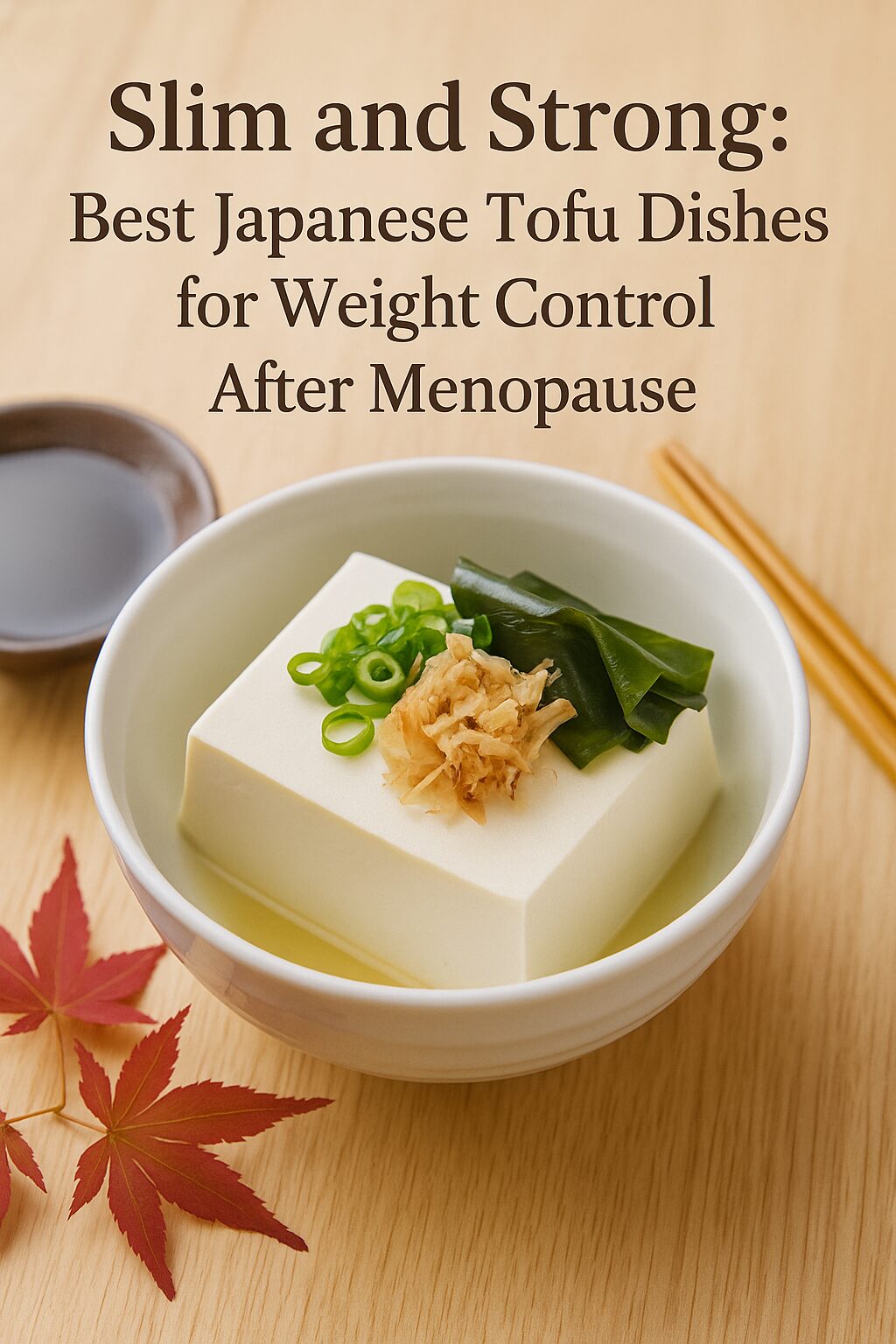Aging brings wisdom, experience—and sometimes, a loss of appetite. Many older adults, especially women over 50, notice they feel less hungry or no longer enjoy heavy meals. While this is a natural part of aging, it can pose real health risks if nutrition isn’t managed properly.
Why Appetite Declines with Age
Physical and Hormonal Changes
As we age, our sense of taste and smell may weaken, making food less appealing. Digestion slows, and the stomach may feel full more quickly. Hormonal changes—especially during and after menopause—can also reduce hunger signals. These shifts are not only physical; they’re often hormonal, making it harder to maintain energy and strength with smaller meals.
In Japan, women experience menopause differently, with milder symptoms compared to Western women. Inspired by this difference, Juveriente developed Effisoy®—a natural menopause supplement based on fermented soy isoflavones. Effisoy supports hormonal balance, which may help restore a natural sense of vitality and appetite. For those concerned about bone health as they age, Juveriente’s Bone Strength Complex offers a plant-based solution with calcium, vitamin D3, and beta-cryptoxanthin from mandarin extract—a powerful antioxidant that supports both bones and metabolism.
Key Nutrients Seniors Still Need
Even with a smaller appetite, your body still needs key nutrients to stay strong and energized.
Protein
Older adults need more protein than younger people to maintain muscle mass and prevent frailty. Focus on easy-to-digest sources like eggs, tofu, Greek yogurt, and soft-cooked legumes.
Calcium and Vitamin D
Bone health becomes more critical after menopause. Calcium and vitamin D work together to maintain bone density. While leafy greens and fish with bones (like sardines) help, supplements like Bone Strength Complex can fill nutritional gaps.
B Vitamins
B12 deficiency is common among seniors and affects memory and energy. Add fortified cereals, nutritional yeast, and fish to your diet.
Top 7 Healthy Foods for Seniors Who Don’t Feel Hungry
Small appetite? These nutrient-rich, easy-to-eat foods can help.
1. Soft Tofu
Rich in protein, calcium, and easy to digest. Add to miso soup or blend into smoothies.
2. Oatmeal
A warm, comforting choice high in fiber and gentle on the stomach. Add almond butter or chia seeds for extra nutrition.
3. Eggs
Soft, versatile, and full of protein and healthy fats. Try poached or scrambled with vegetables.
4. Smoothies
Blend fruits, vegetables, yogurt, and protein powder for a quick, drinkable meal.
5. Miso Soup
A Japanese staple with fermented soybean paste, miso soup supports digestion and appetite. Add tofu and seaweed for bonus nutrients.
6. Cooked Leafy Greens
Spinach, kale, or bok choy sautéed lightly can deliver calcium, iron, and fiber without heaviness.
7. Stewed or Mashed Pumpkin
Naturally sweet, full of beta-carotene and easy to eat. Try Japanese kabocha for extra flavor.
Easy Meal Ideas: Light Yet Nourishing Options
Japanese-Inspired Breakfast
Miso soup, soft rice, a poached egg, and grilled fish make for a light but balanced meal. Add pickled vegetables to aid digestion.
Gentle Lunch
Try a warm grain bowl with quinoa, cooked greens, tofu, and sesame dressing. It’s flavorful without being heavy.
Nutrient-Dense Smoothie Dinner
Blend banana, spinach, protein powder, and soy milk for an easy-to-digest dinner when appetite is low.
Supporting Digestive Health and Appetite Naturally
Incorporate Fermented Foods
Fermented foods like miso, natto, kefir, and sauerkraut help support gut bacteria and may stimulate appetite. They also help your body absorb nutrients more efficiently.
Hydrate Wisely
Seniors often mistake thirst for hunger. Sip warm water or herbal teas with meals. Ginger tea, in particular, can gently stimulate digestion.
Stay Active
Even light exercise like walking can help improve digestion and naturally stimulate hunger. The National Institute on Aging recommends regular activity for overall wellness (source).
Manage Stress and Sleep
Stress and poor sleep both suppress appetite. Create calming evening routines and consider natural supports. Effisoy, with its fermented soy isoflavones, may also support better sleep quality through hormonal balance.
Final Thoughts: Eat Light, Eat Smart
Appetite changes are a normal part of aging, but they don’t have to compromise your health. With smart food choices, gentle preparation methods, and thoughtful supplements, you can stay energized, strong, and well-nourished.
For those struggling with post-menopausal fatigue or digestive sluggishness, consider natural support options like Juveriente Effisoy or Bone Strength Complex. These Japan-inspired solutions help fill nutritional gaps without burdening the digestive system.
Small meals, big benefits. Your body may ask for less, but with the right approach, you can still give it everything it needs.
Juveriente Bone Strength Complex: A Natural Approach to Stronger Bones
What Makes Juveriente Bone Strength Complex Unique?
Many supplements focus only on calcium and vitamin D, but Juveriente Bone Strength Complex includes:
- Beta-cryptoxanthin from Japanese mandarins to support bone metabolism
- Soy isoflavones for hormone balance and bone support
- Magnesium, vitamin K2, and other essential nutrients for optimal absorption
How It Compares to Traditional Supplements
| Feature | Juveriente Bone Strength Complex | Typical Bone Supplements |
|---|---|---|
| Beta-Cryptoxanthin | ✅ Yes | ❌ No |
| Soy Isoflavones | ✅ Yes | ❌ No |
| Calcium & Vitamin D | ✅ Yes | ✅ Yes |
| Includes Nutrients Beyond Calcium for Comprehensive Support | ✅ Yes | ❌ No |
This unique blend offers a holistic approach to bone health, targeting both prevention and maintenance.











































